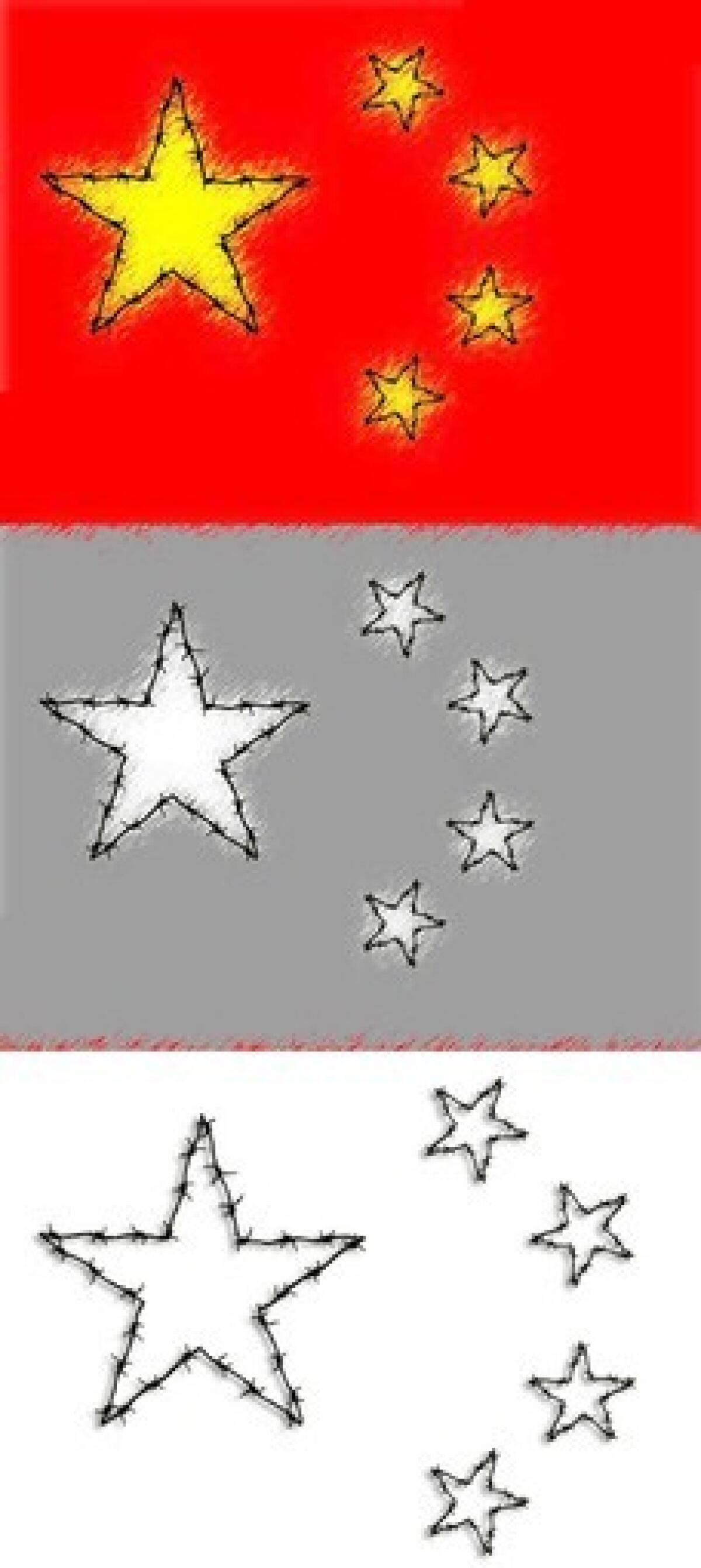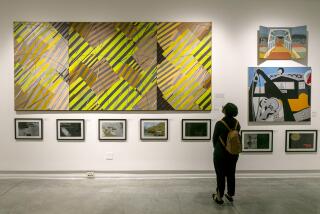‘In Search of My Homeland: A Memoir of a Chinese Labor Camp’ by Er Tai Gao

In Search of My Homeland
A Memoir of a Chinese Labor Camp
Er Tai Gao
Translated by Robert Dorsett and David Pollard
Ecco: 272 pp., $24.99
Painter and philosopher Er Tai Gao’s story of his experiences as an artist and political prisoner in Mao Tse-tung’s China bears the somewhat incongruous title “In Search of My Homeland: A Memoir of a Chinese Labor Camp.” Perhaps Gao is being ironic or perhaps something has been lost in translation. The homeland Gao brings so vividly to life is the annihilating Gobi Desert, where he was interred first from 1957 to ’59 as a slave laborer among the “monsters and demons” of the regime. His crime? As a 20-year-old art and philosophy student he published an article, “On Beauty” (reproduced here as an appendix), which asserted that beauty is subjective and not to be reduced to such terms as either materialist or idealist or politicized in a typically Marxist way.
Though less concerned now with ideology, the Chinese regime has shown little change in its intolerance of criticism: Just over a week ago, Liu Xiaobo, a literature professor, was sentenced to 11 years in prison for his part in authoring a reform petition.
Gao knew there were logical contradictions in his essay, but those subtleties did not trouble the Communist Party. Instead, his article earned him the brand of “rightist,” an enemy of the party, and deportment -- without trial -- to a camp for “re-education through labor.”
The Jiabiangou Camp was in the Gobi Desert; tens of thousands of people sent there for re-education and self-criticism died in the largely useless task of digging ditches to drain salt from the terrain. Gao’s term had no limit; the party would decide when he had been “re-educated.” As Gao unfolds his powerful story, he appears bemused by the hairsplitting distinctions between “reform” and “re-education.” His inner compass remains true as ignorant armies of task forces and slogans march back and forth across his mental landscape.
Throughout the book, Gao offers a strong sense of how meaningless if not silly party ideology seemed to him and many others in the camps -- and in the party itself. Meaningless and silly it was but still deadly. Gao’s integrity may have just as easily led to his demise as his survival.
One of the remarkable aspects of this memoir is that Gao himself is present but often in the background. He does not recount a heroic survival story of a man sustaining or resisting torture or brainwashing. We do learn of the unbearable daily labor, the starvation from inedible “goo,” the hog-tying of uncooperative prisoners. But Gao’s account is all the more powerful for not trying to be lurid or judgmental. His portraits of people -- both those who have become cruel instruments of the system and those who struggled to remain humane within it -- are vivid and moving. He maintains a generosity toward his fellow man that seems to come from suffering and detachment.
Gao’s humanity derives from his cosmic sense of time and human frailty, which is the true subject of the book. Once, while digging on a line gang, he envisions “in one long shadow a crowd of little grayish creatures scraping at the barren ground, bobbing back and forth and moving very slowly. As they got farther away their outlines faded, until they disappeared into the primeval background of prehistory. I experienced a sudden disorienting shock.” Such moments become Gao’s “re-education,” a much deeper one set against the swift shifts of party allegiances. These Gao recounts with grim humor: “To compete for loyalty was to compete for brutality,” he notes. Often Gao could not tell, nor could anyone else, who was loyal to whom and for what reason.
In the period between the brutality and failure of the Great Leap Forward and the Cultural Revolution of the late 1960s, Gao manages to secure a position sweeping sand from the ancient Mogao Caves, filled with great murals created over centuries during the Tang and Wei dynasties. Gao prefers the Wei figures for their “vivid, elegant bearing.” The government permits the establishment of the Dunhuang Research Institute to study, restore and preserve the caves, but the entire enterprise becomes burdened by political brutality and intrigue. Eventually, pollution and tourism bring exponentially rapid decay to these monuments of natural and artistic beauty.
The erosion saddens Gao, but the lines he finds painted on the walls remain with him as a mysterious beauty against everything that falls swiftly to nothing. “Like music,” he writes, “with a flute’s modulating flow but not its feebleness, with a drum’s cadence but not its wildness, they took their time, without urgency and with a tinge of sadness, but in this sadness there was self-confidence -- not the terror of fate, not a tragic loftiness, not a self-deprecating submissiveness or hesitation about where to go.”
This is the music to which Gao aspires, the homeland to which, in telling his story, he ultimately arrives.
Faggen is the Barton Evans and H. Andrea Neves Professor of Literature at Claremont McKenna College.
More to Read
The biggest entertainment stories
Get our big stories about Hollywood, film, television, music, arts, culture and more right in your inbox as soon as they publish.
You may occasionally receive promotional content from the Los Angeles Times.






